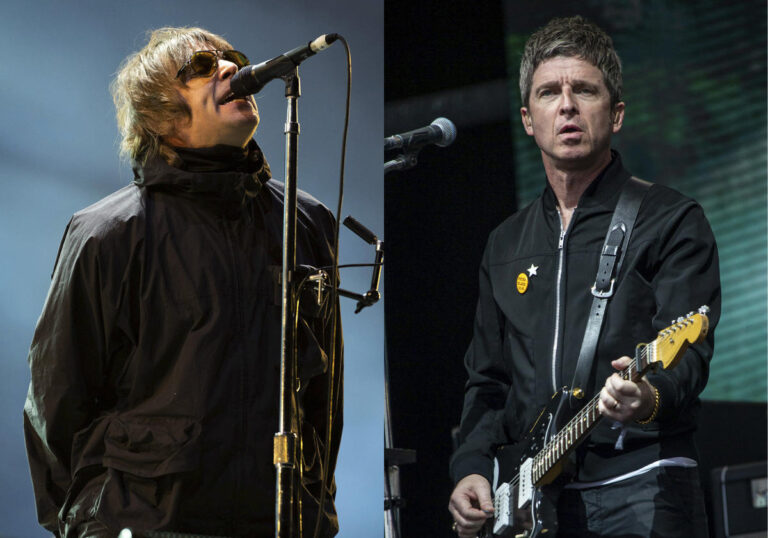Taylor Swift fans and the US government aren’t the only ones unhappy with Ticketmaster: The UK government will be investigating the company’s dynamic pricing model after millions of Oasis fans fought to get tickets to the band’s reunion tour last weekend.
After fans waited in line for hours and then checked out, some found the price of a standing ticket suddenly increased by two and a half times — in one case from £135 to £337.50 ($177 to $444). Ticketmaster often gives customers only a few seconds to decide whether to complete a purchase after adding a ticket to their cart, leaving them little time to decide whether such a large price increase is worth it.
Many fans weren’t able to buy Oasis tickets before they sold out on Ticketmaster, so if you really want to see Liam and Noel Gallagher take the stage together for the first time in 16 years, you might have to turn to resale sites, where scalpers are trying to sell tickets for around $8,000 a pop.
Confusion and frustration over the dynamic pricing model has caught the attention of UK Culture Secretary Lisa Nandy, who said, according to The Guardian, “It’s a shame that seriously inflated prices are denying ordinary fans the opportunity to enjoy their favourite bands live.”
“This government is committed to putting fans back at the heart of music, which is why our upcoming consultation on consumer protection for ticket resale will address issues around transparency and use of dynamic pricing, and the technology around queuing systems that incentivise it,” Nandy said. “Together with artists, industry and fans, we can build a fairer system that ends the scourge of scalpers and rip-off scalpers, and guarantees tickets are at a fair price.”
Before Labour won the general election in July, leader Sir Keir Starmer pledged to put a cap on the resale prices of tickets to music and sporting events, and the government has announced it will hold a consultation on the secondary ticket market this autumn, which will include considering the issue of dynamic pricing.
Ticketmaster doesn’t set prices itself; the company says that’s up to the event organizers, or promoters. But artists also have a say. Swift, Ed Sheeran and The Cure are among the big-name artists who have chosen not to use dynamic pricing on recent tours, though Bruce Springsteen caused a stir by saying he would use the model in 2022.
Meanwhile, Ticketmaster is struggling in the US. In May, the Department of Justice and dozens of state and local attorneys general filed an antitrust lawsuit seeking to break up Ticketmaster’s owner, Live Nation, alleging that the company has an illegal monopoly on the live entertainment industry.


